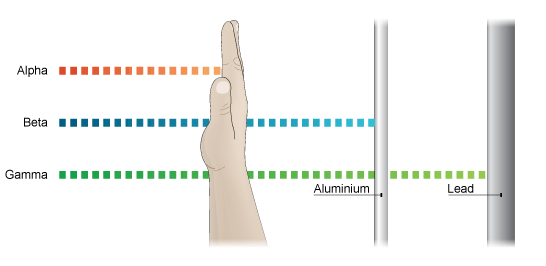Hey THP!
My grandpa invited a homemade hot-sauce about 25 years ago that we use in our family restaurants in the Los Angles area. Unfortunately, this sauce only has a shelf life of a 3-7 days. It has been out a family goal to sell this hot sauce on a larger scale, hopefully starting off in local markets, or something along those lines, but the shelf life makes it unreasonable..
[SIZE=12.727272033691406px]In the past we hired chemists that we got in contact with through food shows. Their job was to add preservatives to this hot sauce, keeping the flavor as close to the [/SIZE]original[SIZE=12.727272033691406px] as possible, but everything they came up with, altered the flavor and we didn't really get what we were looking for.[/SIZE]
[SIZE=12.727272033691406px]I know many of you guys make your own sauces, so I was wondering if there was a secret ingredient that worked as a tasteless preservative or anything. We've been trying to do this for quite some time, so any suggestions would help. Our goal is to achieve around a 6 month shelf life.[/SIZE]
[SIZE=12.727272033691406px]Or better yet, if any of you guys live in the LA area, we'd be happy to hire you to try to see what you can do with it![/SIZE]
[SIZE=12.727272033691406px]Thanks in advance everyone! :] [/SIZE]
My grandpa invited a homemade hot-sauce about 25 years ago that we use in our family restaurants in the Los Angles area. Unfortunately, this sauce only has a shelf life of a 3-7 days. It has been out a family goal to sell this hot sauce on a larger scale, hopefully starting off in local markets, or something along those lines, but the shelf life makes it unreasonable..
[SIZE=12.727272033691406px]In the past we hired chemists that we got in contact with through food shows. Their job was to add preservatives to this hot sauce, keeping the flavor as close to the [/SIZE]original[SIZE=12.727272033691406px] as possible, but everything they came up with, altered the flavor and we didn't really get what we were looking for.[/SIZE]
[SIZE=12.727272033691406px]I know many of you guys make your own sauces, so I was wondering if there was a secret ingredient that worked as a tasteless preservative or anything. We've been trying to do this for quite some time, so any suggestions would help. Our goal is to achieve around a 6 month shelf life.[/SIZE]
[SIZE=12.727272033691406px]Or better yet, if any of you guys live in the LA area, we'd be happy to hire you to try to see what you can do with it![/SIZE]
[SIZE=12.727272033691406px]Thanks in advance everyone! :] [/SIZE]


